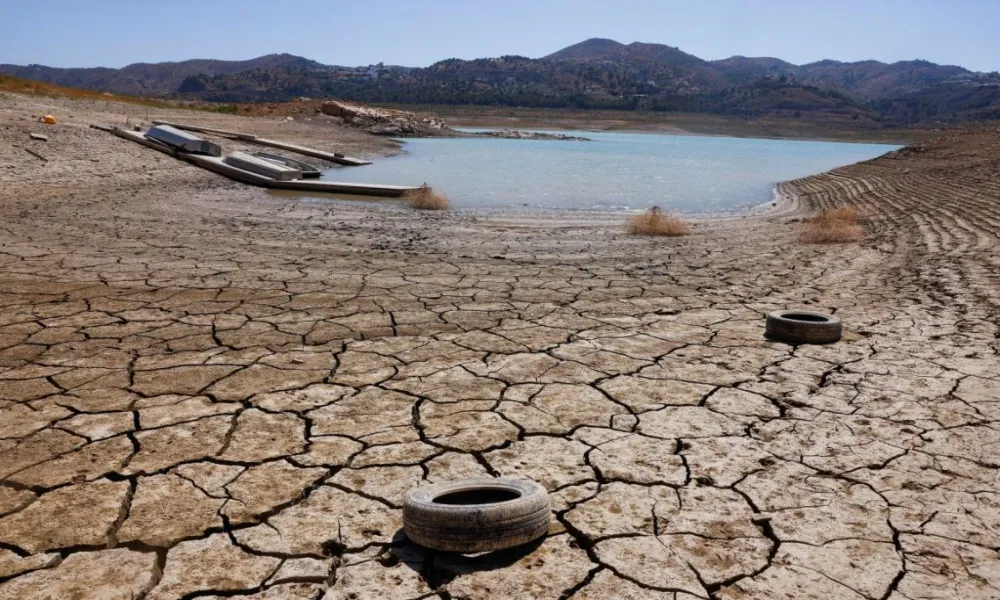Dire water shortages, a result of continued drought but also water management issues, is once again highlighted in an Audit Office report, following up on its 2016 probe. The latest review assessed the progress made in implementing the necessary measures for that kind of management, including dam maintenance.
The Audit Office report included desalination, the loss of vast quantities of water, and the safety of dams.
According to the report, 64% of the island’s aquifers — as referenced in the 2016 assessment — are in poor condition, primarily due to insufficient implementation of measures to address nitrate pollution and salinisation. As such, water resource management controls inadequate.
Water management plans
In regard to planned projects intended to tackle water shortages, the Audit Office points out that, of the 60 projects included in the 15-Year Water Development Plan, only 14 have been completed to date. Moreover, project expenditures are not monitored against budgeted costs, making it impossible to assess the adequacy of allocated funds.
It further states that the Water Development Department (WDD) prepared a 15-year Water Development Plan covering the period until 2030, including scheduled water infrastructure projects with an estimated total cost of around €1.5 billion — of which €1 billion is expected to come from the state budget and the remainder from local authorities.
According to WDD data, as of the audit date, €767 million in state funds had already been spent — representing 77% of the total planned state contribution — while only 14 of the 60 scheduled projects were completed, at a total cost of €180.6 million. The remaining €586.4 million was spent on projects that have yet to be completed.
The Audit Office observed that the WDD does not adequately monitor the implementation of the plan, as project-specific budgets are not compared to actual expenditures, preventing the identification of potential cost overruns or delays.
“As a result, it is not possible to draw a reliable conclusion as to whether additional funding will be required to complete all projects,” the report states.
Cost Increases
On desalination plant operations, the Audit Office notes that while they contribute to water supply sufficiency, they also impact the environment and raise costs for consumers. In some cases, high corrosivity levels were identified in the water produced.
The audit also examined dam safety, noting that many are aging, lack comprehensive maintenance plans, and do not have final safety certificates. In addition, no independent inspections have been carried out.
Water Quality & Local Authorities
The report highlights that many local authorities do not systematically monitor the quality of their water supply. Protection Zones have been designated for only 26% of boreholes across the country.
Additional Key Findings
Water Losses:
Non-revenue water (unbilled or lost) in local authorities exceeded 29% in 2023, mainly due to aging infrastructure. Nationwide, losses are estimated at over 200 million cubic meters annually.
Irrigation:
The report notes delays in water allocation, an inability to monitor water rights, and incomplete projects, such as the Solea irrigation network.
Stormwater:
Despite a relevant study dating back to 2009, measures for the utilisation and storage of stormwater have not been adequately advanced.
Addressing the situation, the Audit Office indicates, requires coordinated action, political will, and full implementation of both EU and national obligations.
In concluding remarks, the report underlines that the ongoing period of drought Cyprus is experiencing should serve as an opportunity for improved preparedness and timely interventions, such as dam maintenance.
